Lifestyle
10 Reasons Older Adults Prefer Staying Home More Than Ever

There’s something about getting older that makes staying home feel like the perfect option. The rush of daily life begins to slow down, and with it, the desire to go out. Many older adults are embracing the calm of home life. Curious about why this happens? Read on to learn what factors influence this change.
Comfort Over Convenience
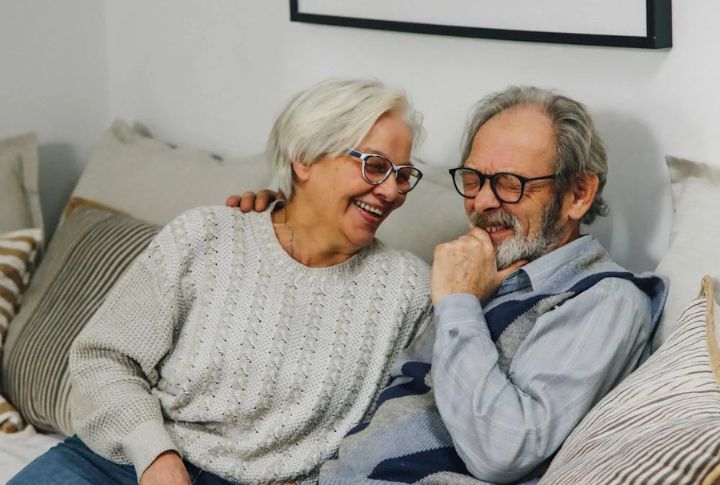
As people age, comfort often becomes a higher priority than going out. The ease of staying at home provides a sense of security that external activities may not. For many, the hassle of traveling or dealing with crowds simply is not worth it anymore, making home a more appealing option.
Health Concerns And Physical Limitations

Aging can bring about physical changes like joint pain and fatigue, which make outdoor activities more challenging. Remaining at home allows for rest and self-care, enabling Seniors to manage their health more easily without the strain of leaving the house.
Quiet Time Becomes Priceless
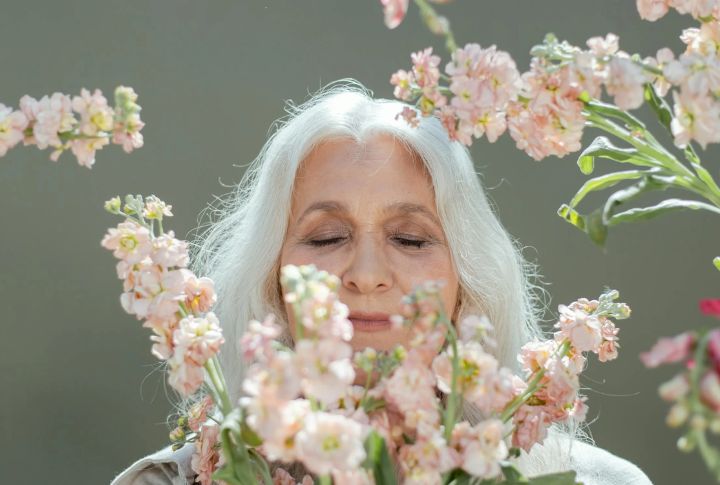
With life’s pace slowing, older adults often find themselves craving quiet time. The need for peace and personal space becomes more pronounced, and staying home offers an environment where they can fully unwind without distractions. Home is the perfect place to enjoy tranquility and recharge.
A Shift In Financial Priorities
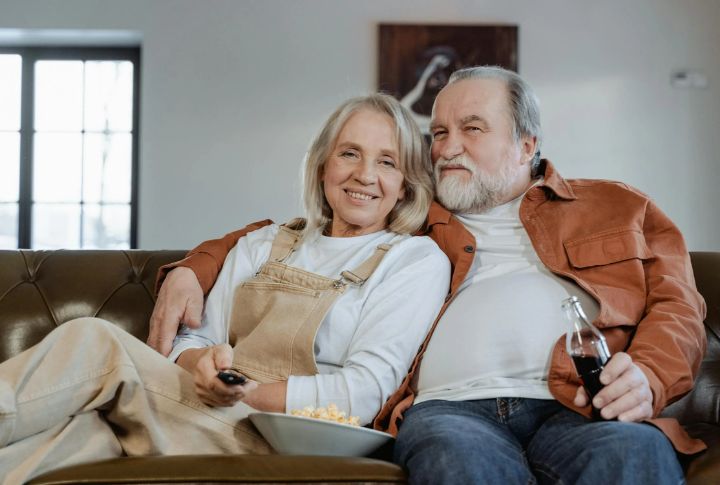
When retirement comes, financial priorities change. Seniors tend to focus more on saving money, which makes going out less attractive. Staying home not only reduces unnecessary spending but also provides fulfilling experiences without the pressure of expensive social outings or travel.
The Safety And Security Of Home
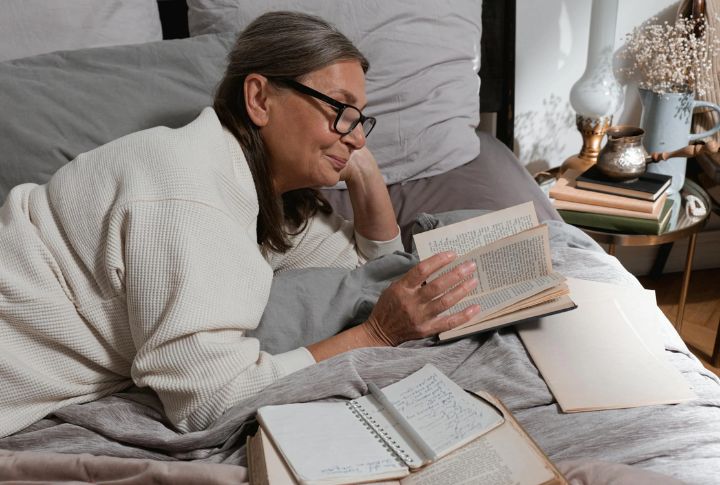
As people age, safety becomes an even greater priority. Home offers a controlled environment free from unpredictable situations, such as crowded public spaces. Many seniors feel more secure staying in their own familiar surroundings, where they can manage their well-being with ease.
Emotional Attachment To Home
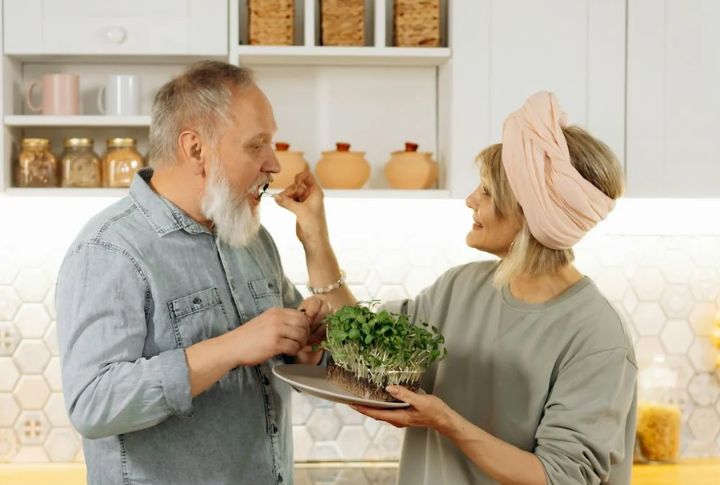
It’s natural for people to form strong emotional connections to their homes. Familiar surroundings filled with memories provide comfort and stability. This attachment makes the idea of leaving home less attractive. Staying in a familiar and personal space offers emotional security and a sense of peace.
The Rise Of Digital Entertainment

Technology has made it easier for individuals to enjoy entertainment without leaving home. Online streaming and digital hobbies present endless options for those who prefer to stay in. While these options make home life more engaging, they can also bring a sense of connection without the need to go out.
The Desire For Simplicity
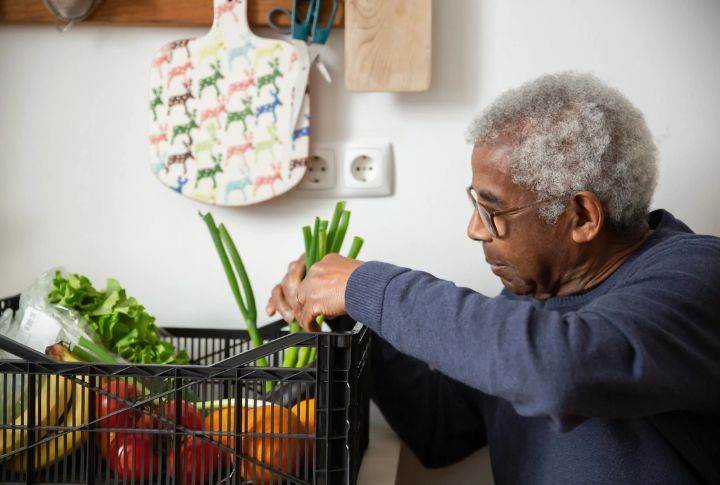
The effort involved in leaving home—traveling, planning, and socializing—can feel burdensome. Life becomes more focused on simplicity as people age. Staying at home allows older adults to enjoy a slower pace by simplifying their day-to-day life and focusing on meaningful activities in a calm, familiar setting.
A Deepening Love For Personal Hobbies
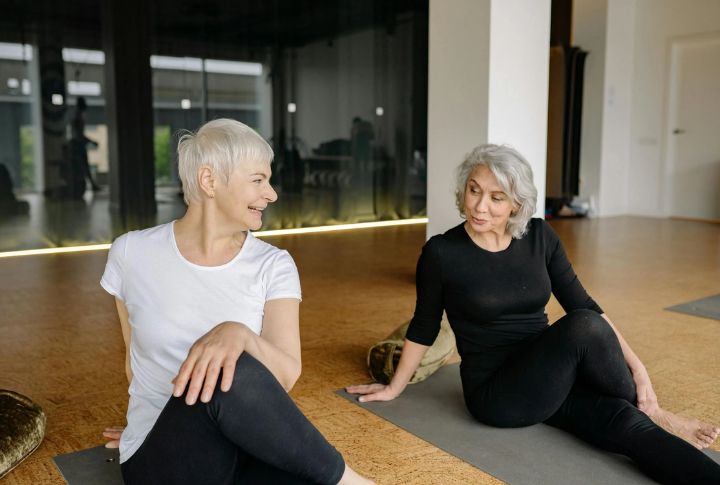
Old age causes people to have more time to engage in hobbies they enjoy. Whether it’s outdoor or indoor, these activities bring joy and fulfillment. Hobbies can easily be pursued at home, where individuals can focus on their interests without the distractions or pressures of the outside world.
Altered Social Expectations
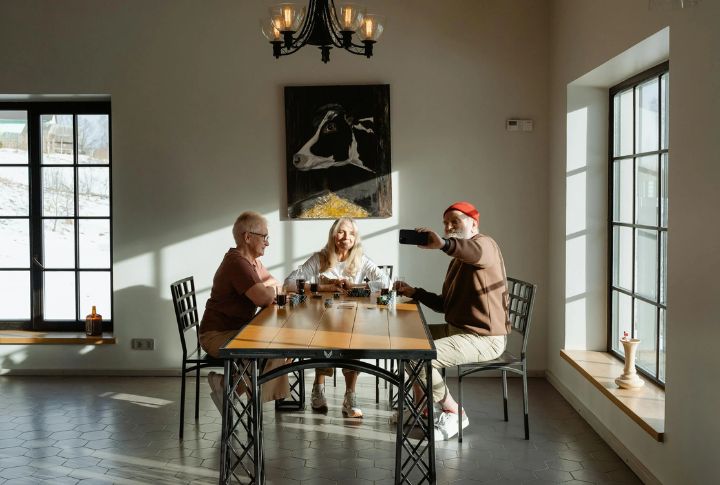
Social expectations change as people age. There may be less pressure to attend every gathering or event, and many older adults choose to embrace quieter, more intimate forms of socializing. This shift leads to a preference for staying home, where the pace of life is more relaxed and less socially demanding.

